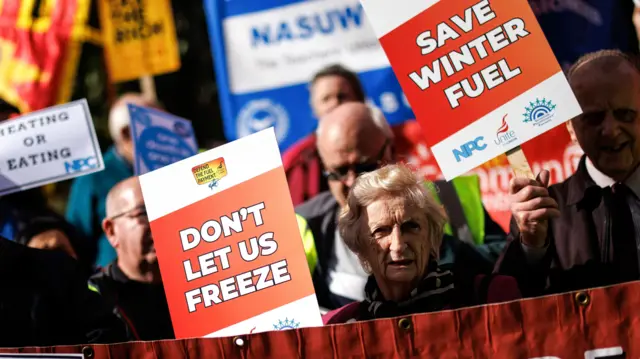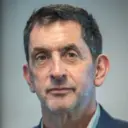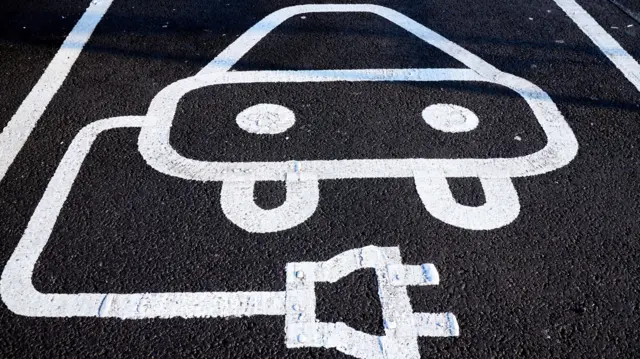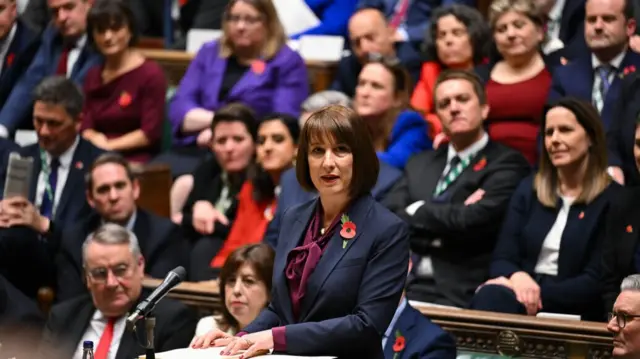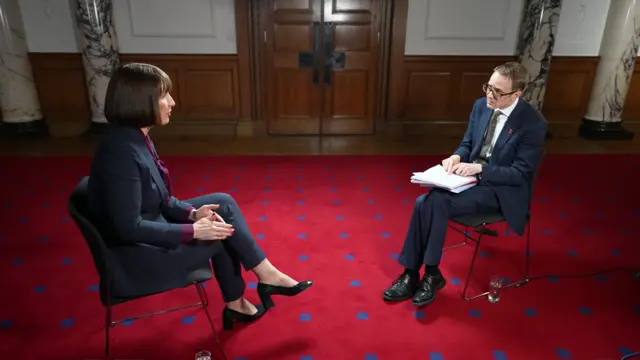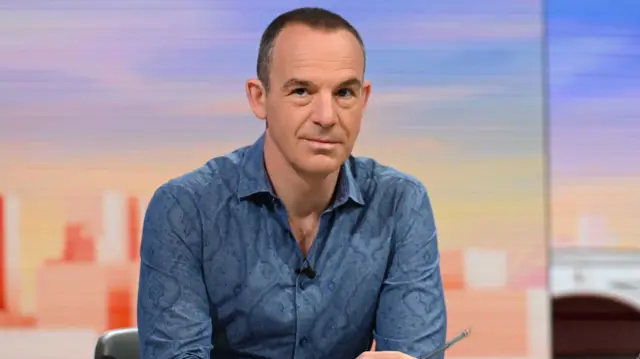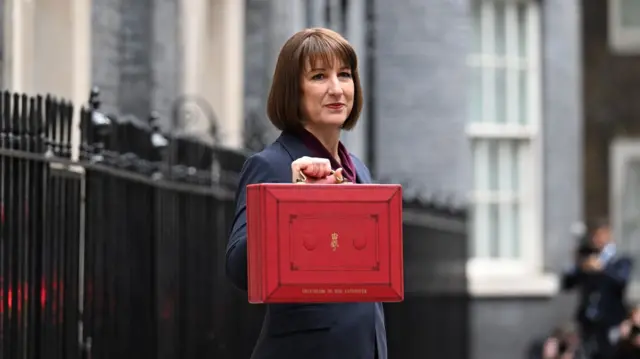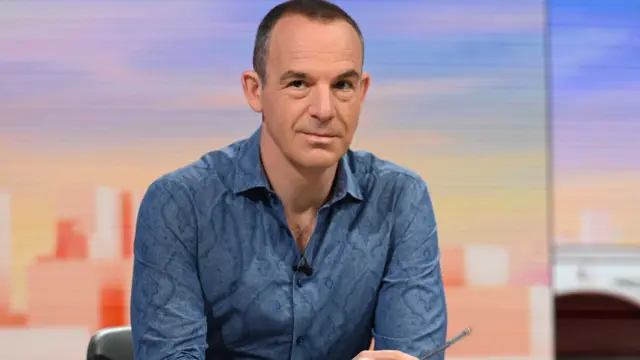Workers will pay for most of NI hikepublished at 18:55 GMT 30 October 2024
Ben King
Business reporter, BBC News
 Image source, Getty Images
Image source, Getty ImagesWho picks up the tab for higher employers' National Insurance Contributions?
The answer is... more than three quarters of it will eventually come from workers' incomes.
The OBR reckons that just under a quarter of it will come out of company profits.
Employers will pass the rest on through lower wages and higher prices, which both eat into workers' spending power.

